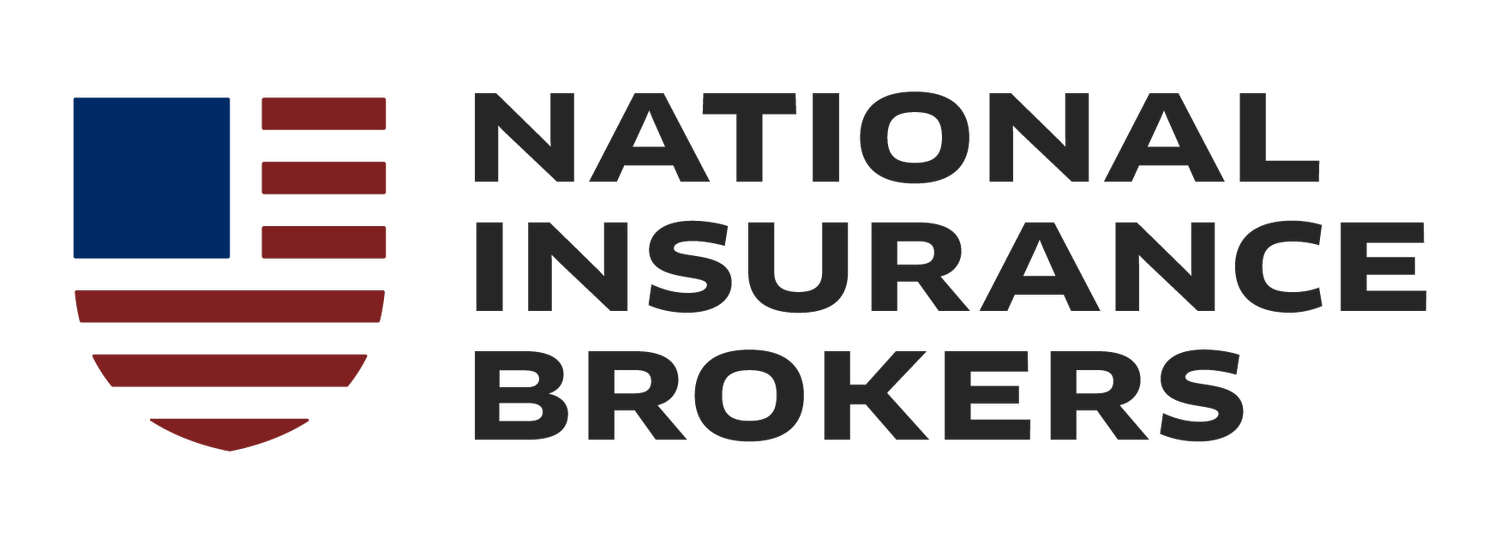Cost-Effective Insurance Solutions for Startups: Maximizing Value on a Budget
Getting appropriate insurance is essential for startups. Companies that do it right can reduce their risks, improve compliance, and protect themselves against loss.
Unfortunately, finding outstanding insurance is challenging. Startups don’t always know which products they should choose or those that provide a suitable level of coverage. The downsides of being over- and under-insured are significant.
Assessing Startup Insurance Needs
The risks associated with the startup industry are significant. Examples include:
Funding risks
Competition risks
Burnout risks
Health risks
Technology risks
Regulatory threats
Economic and cyclical risks
Employee risks, including unsuitable hires
IP risks
Cash flow risks
Product risks
Fortunately, commercial insurers cover some of these, protecting you against a wide swath of potential losses. Using a combination of these products maximizes the chances of survival and prevents third-party issues from putting you out of business.
The insurance startups take out depends on their industry. Most take out the following:
General liability insurance: Covers legal claims resulting from bodily injury on your premises or from your products.
Workers’ compensation insurance: Pays the lost wages and medical bills of employees who injure themselves while working. (Most states require this insurance for companies that employ over a certain threshold of people).
Commercial property insurance: Pays for damage or loss of buildings, property, or equipment.
Professional liability insurance: Protects you against negligence claims (such as providing clients with poor advice).
Health insurance for employees: Covers new conditions and health emergencies.
When assessing your startup’s insurance requirements, consider what your operations and workforce need. For example, you might want to take out specialist business continuity insurance if you rely on a small core team or forklift insurance if you operate them on-site. Only take out the insurance you need (or mandated by law).
Employee Benefits on a Budget
Attracting talented employees to your business often requires offering health insurance. However, adding this perk can be costly.
To reduce expenses, you can:
Offer tiered plans that reflect individual employee risks
Offer wellness programs and preventive care programs to reduce long-term costs
Set up telehealth consultations to triage colleagues between those who need more expensive in-person care and those who don’t
Work with health insurers to ensure employees receive regular checkups and screening
Implementing cost-sharing methods, such as increasing employee deductibles
Using group health insurance plans that spread the risk of individual employees, reducing average premiums
Always take time to invest in employee education when offering health insurance benefits. Teach staff how they can reduce policy costs.
Government Programs and Subsidies
You can also make startup insurance more affordable with government subsidies and programs.
Entrepreneurs often seek advice from Small Business Development Centers (SBDC). These offer counseling and assistance for those wanting to start, run, or grow businesses, including in insurance-related matters.
Business owners and founders can search for SBDC facilities in their areas. Programs offer high-quality, individualized business advice and technical assistance for small firms that want to succeed.
Various subsidies and grants are also available at the federal, state, and industry-specific levels. Examples include:
The National Science Foundation (NSF) grant for research-based startups in curated scientific fields
America’s Seed Fund, offering $2 million to U.S.-based startups developing advanced or industry-changing technologies, such as AI
The Small Business Innovation Research (SBIR), which makes grants available for small business R&D projects
The Build To Scale (B2S) initiative from the Economic Development Administration (EDA) to help firms reach a minimum viable size
Funders will usually specify how they expect you to spend the money they provide. Therefore, always check the small print to see whether you can use funds to finance insurance payments.
Flexible Payment Options
Finally, you can make startup insurance solutions more cost-effective by choosing flexible payment options. Most insurance providers won’t offer adjustable payment terms upfront, so it can help to negotiate.
To get the best deal, explain your situation clearly when talking to insurance providers. Discuss your startup’s financial constraints and what they can do to reduce costs.
Also, lay out your desired terms. Explain to the insurer why you think they are reasonable. Talk to them about your preferred payment schedule and see how close you can get to common ground. Sweeten the deal by offering to pay the bulk of the premium upfront. This approach can reduce monthly installments and gives the insurer more confidence in your capacity to repay.
You can also show insurers quotes from other companies. Some firms will try to price-match or offer an alternative deal with better terms and conditions.
Don’t forget to look for discount opportunities on insurers’ websites. Find out if you can get a discount by buying several policies at once or signing up more employees.
Once you get the needed policies, implement budget-friendly strategies for managing the premiums. Choose higher deductibles (if you think the risk of using the insurance is low). The more you share the cost with the insurer, the lower they will permit your monthly premiums to go.
Finally, review your coverage regularly. Your business situation will likely change over time, making some insurance types more significant than others.
Conclusion
In summary, the best strategies for cost-effective insurance as a startup include accurately understanding your insurance requirements, only buying the coverage you need, taking advantage of government programs and subsidies, and negotiating flexible payment options. Optimizing your strategies can lower premiums further.
If you aren’t already, start prioritizing insurance within your budget constraints. Lowering costs can make your business more competitive while covering the actual risks you face.
The long-term value of strategic insurance planning can be significant. In addition to risk mitigation and management, you can enjoy peace of mind, enhanced partnership stability, and a legacy of excellence in your community and industry.

